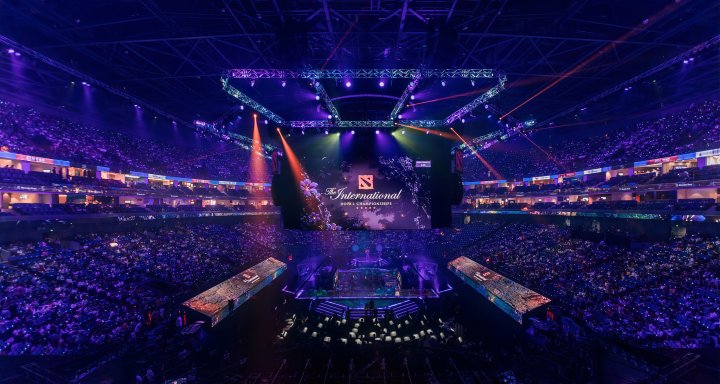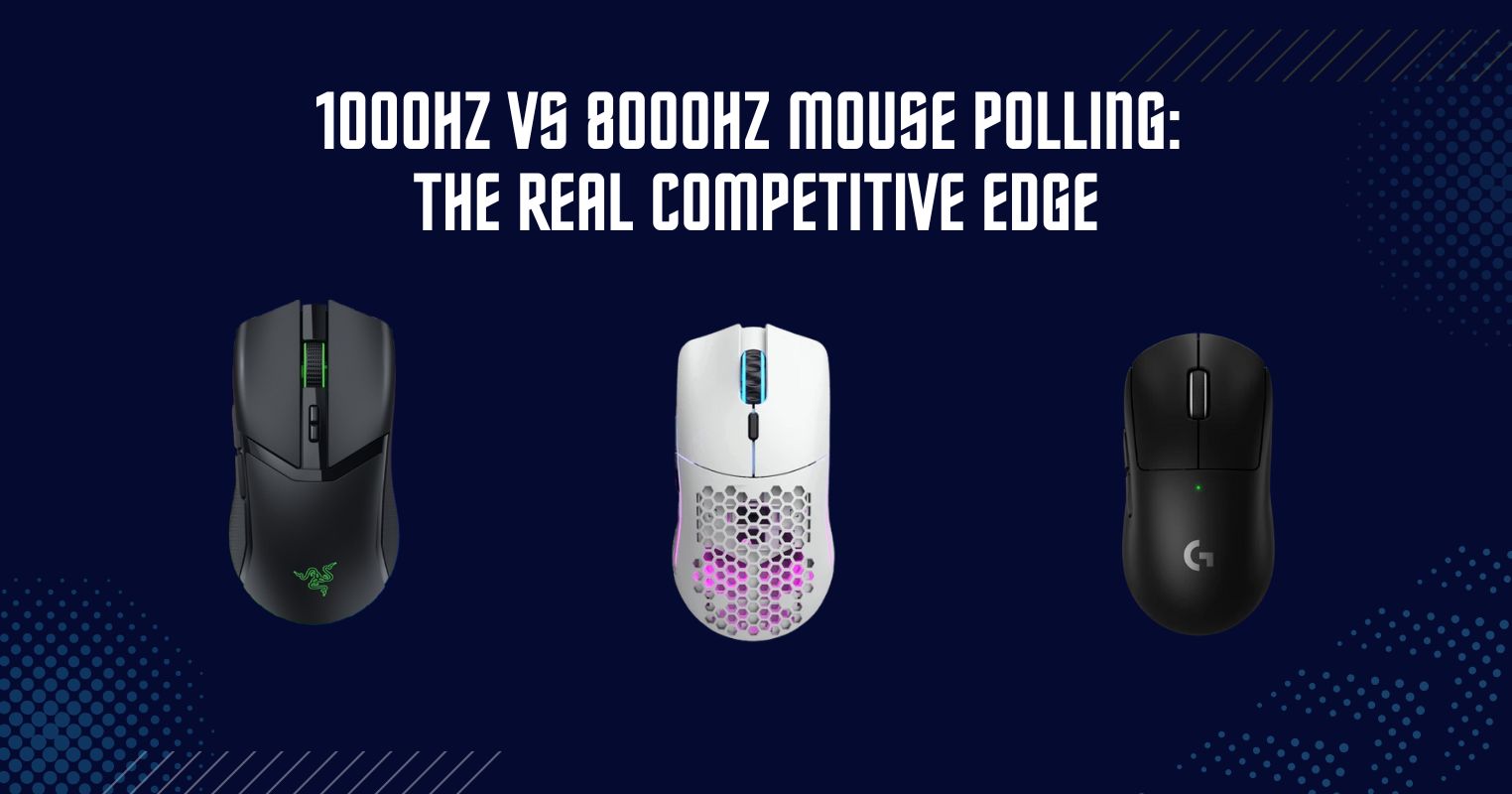- Mobile gaming is changing the industry by providing a platform that is easily accessible, offering a variety of genres, and making games easier to play for newcomers.
- The free-to-play model with in-app purchases and the rise of mobile Esports have further broadened the reach and influence of the gaming industry.
- Mobile gaming can develop further with the development of VR and AR, among other features.
Gaming has undergone a remarkable evolution from its humble beginnings as entertainment primarily aimed at children. While early video games captured youngsters’ imaginations, it wasn’t until the industry began to target adults that gaming began to expand its horizons. However, this adult market remained relatively niche, with gaming primarily perceived as a hobby reserved for enthusiasts willing to invest in high-end equipment. The mainstream breakthrough came with consoles, allowing the average Joe to experience the thrill of gaming in their own home.
Now, history is repeating itself. Mobile gaming is changing the industry one step at a time; from your gramma topping the global Candy Crush Saga leaderboards to former hardcore gamers embracing mobile ports of their favorite titles for convenience, mobile gaming is reshaping the gaming landscape and attracting players from all walks of life.
The Rise Of Accessibility

The lack of availability kept gaming from becoming a hobby celebrated worldwide. If you wanted to play the latest games, you’d have to invest in the latest systems. This becomes difficult when, every few years, games are optimized with the newest hardware in mind.
The greatest thing that mobile gaming has brought to the table is accessibility. A phone or a tablet isn’t something you have to go out and buy to game; it’s something everyone already has nowadays. People who’d never even considered picking up a game are now downloading games simply because of how easy it is to do so!
Casual Gaming
Mobile gaming has also played a crucial role in popularizing casual gaming experiences. With simple mechanics, short play sessions, and a wide variety of genres to choose from, mobile games cater to a broad audience that includes both hardcore gamers and casual players alike.
There exist puzzle games and endless runners that provide enough replayability to keep a casual gamer busy for hours on end daily. Games like Genshin Impact and Tower of Fantasy have flourishing fanbases. There are also ports of other titles, such as Call of Duty and League of Legends. These ports are optimized to fit tighter time slots and often have easier controls. As the League Esports personality Stratera says about these shorter time slots, “The action never stops, and you almost always feel satisfied at the end of every game.”
Call of Duty offended traditional gamers when they put in auto-trigger whenever an enemy is in your crosshair on Call of Duty Mobile. Similarly, League fans regularly make fun of how they’re dumbing down characters so a larger audience can play them. This further eases the gateway to getting into gaming and is a large reason why the industry has seen such a sudden spark in popularity ever since COVID hit. Sensor Tower notes that in just 2020 alone, mobile game downloads increased 50%.
Monetization Model, Microtransactions
Another strategy popularized by mobile games is microtransactions. As much as we all hate them, the idea itself is solid. Make your product available to a larger audience by making it free and then making those who like it pay to customize their character or unlock more features.
If we ignore the fact that a lot of developers nowadays opt for a Pay2Win approach to their games, you can expect titles to get larger funding, increasing production costs. NPR.org says, “Microtransactions are great for companies, but less so for players.”

Mobile Esports: A Global Phenomenon

Electronic sports, or Esports, are gaming competitions typically broadcast globally in a multiplayer format. They only gained popularity recently, but as an industry, they’ve reached extreme heights despite their short lifetime. For example, the 2021 DOTA 2 tournament, The International, had a prize pool of over $40 million!
The mobile Esports industry is blooming similarly, with global competitions for games like Fortnite, Marvel Snap, and PUBG. Even mobile exclusives such as Clash Royale have garnered enough of an audience to throw grandiose events with millions of dollars in prizes. This gives people with no dedicated gaming experience a chance to enjoy these events and maybe even look forward to someday participating in one!
The Future Of Gaming
As mobile gaming grows and changes, its impact on gaming grows. With new tech like 5G and cloud gaming, the gap between traditional games and their mobile counterparts grows smaller by the day. There’s also research on features such as Virtual and Augmented Realities that were impossible to add to traditional games. While most games nowadays only use these as an awkward gimmick, there’s a high chance that these may revolutionize gaming completely.

In short, mobile gaming is changing the industry drastically. It’s making gaming easier for a more diverse group of people. Game producers now have a completely new set of conditions to prioritize if they want their games to flourish. Mobile gaming keeps on expanding, and it shows no signs of stopping!
Latest Updates
Thank you! Please share your positive feedback. 🔋
How could we improve this post? Please Help us. 😔
[News Reporter]
Abiyan is on track to complete his Computer Science bachelor’s degree. His enthusiasm for writing and gaming motivates him to keep readers and gamers updated with the latest information from the industry. In his free time, Abiyan enjoys playing Dota 2 and Rocket League. Abiyan has also been cited in reputed websites such as Kitguru, Comicbook, GamingBible, Eurogamer and Gamingbolt.




